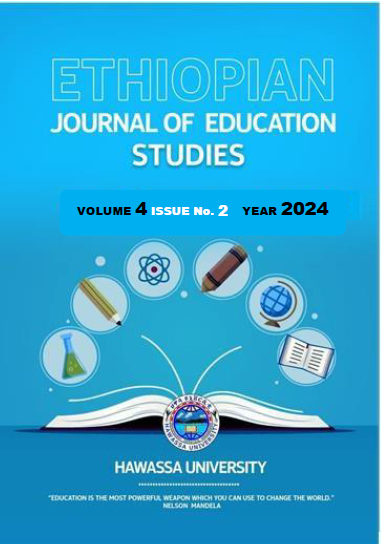Unveiling the effectiveness of curriculum-based exit exams in Ethiopian universities: Perspectives of students and teachers in Hawassa University
DOI:
https://doi.org/10.20372/0js9h265Keywords:
Curriculum based exit exam, Perspectives, Ethiopian universitiesAbstract
This study sought to determine the efficacy of curriculum-based exit exams in Ethiopian universities from the viewpoints of Hawassa University instructors and students. A qualitative exploratory case study design was used in the process. Thirteen selected students, teachers, department heads, and college deans were the sources of the data, which were purposefully traced by the researchers. FGD and the interview protocol were used as data collection methods. Thematic analyses were employed in order to understand the phenomenon. Three main themes and nine supporting themes were used to highlight the study's findings. Teachers and students at Hawassa University have a mixed perception regarding CBEEs: while some acknowledged its existence, others did not. The following issues need to be addressed in the study area for CBEEs to be executed transparently and fairly: Complying with a varied curriculum, tackling socioeconomic inequality, reducing cultural bias, taking test anxiety into consideration, and guaranteeing transparency and fairness. The following key lessons were discovered as a result of the exit exam deployment: motivating students highlight the distinctions across universities, point out areas that need improvement, and enhance accountability. In order to develop a fair CBEEs system going ahead, educators and legislators should take into account various viewpoints of stakeholders.

